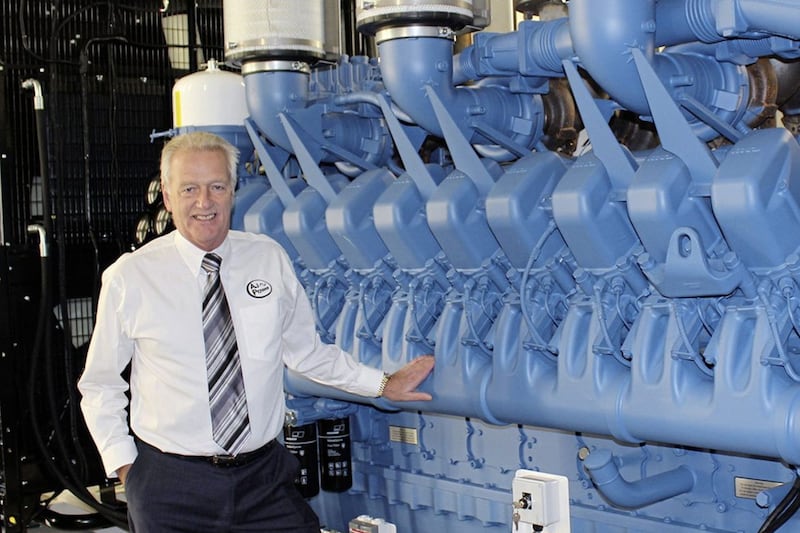The British government minister tasked with negotiating the “EU-UK reset” has said better relations with Brussels will smooth trade between Northern Ireland and Britain.
However, Nick Thomas Symonds declined to say whether a revised deal with the EU would lead to a reduction in costly border post infrastructure at the north’s ports.
During his first visit to Belfast as Minister for EU Relations, Mr Thomas Symonds confirmed that the British government is seeking a sanitary and phytosanitary (SPS) agreement with the EU, which would ease checks on goods being traded across the Irish Sea.
The deal would require the UK to align with EU rules on food and agriculture and to accept a role for the European Court of Justice.
The minister said he hoped substantive negotiations with the EU could begin early next year.
He said coming to Northern Ireland, where on Tuesday he met Agriculture and Environment Minister Andrew Muir and assembly speaker Edwin Poots, as well as representatives from business and civil society, was a “huge priority”.

Mr Thomas Symonds also met Sinn Féin MLA Philip McGuigan and DUP MLA David Brooks, the respective chair and deputy chair of Stormont’s Windsor Framework Democratic Scrutiny Committee
“It is hugely important for me when I am negotiating with the EU to have Northern Ireland at the forefront of my mind and what I wanted to come here to do more than anything was to listen to civil society groups, to businesses and indeed, to come here to listen to politicians here at Stormont as well,” he said.
He insisted future talks with the EU would be negotiation not a re-negotiation of the Windsor Framework.
“I think what I am doing with the EU is turning a new page – it’s a new chapter, a reset,” he said.
“It is a relationship, I believe that is in the interests both of the UK and the EU for the challenges of the 2020s, from the security challenge that’s presented by the illegal invasion of Ukraine to the challenge of climate change, energy, irregular migration, all these, and prosperity across the continent.”
He said “an ambitious SPS agreement” would lead to an easier flow in trade across the Irish Sea.
But the minister declined to give assurances that the permanent infrastructure at the north’s ports for implementing the protocol/Windsor Framework, said to have cost £28.2 million in the past year, would be substantially reduced.
“I can’t obviously go into the details of the negotiation with the EU and there’s another partner in it that I can’t control – it’s for them to ask, but certainly our objective is free flow trade across the Irish Sea,” he said.








